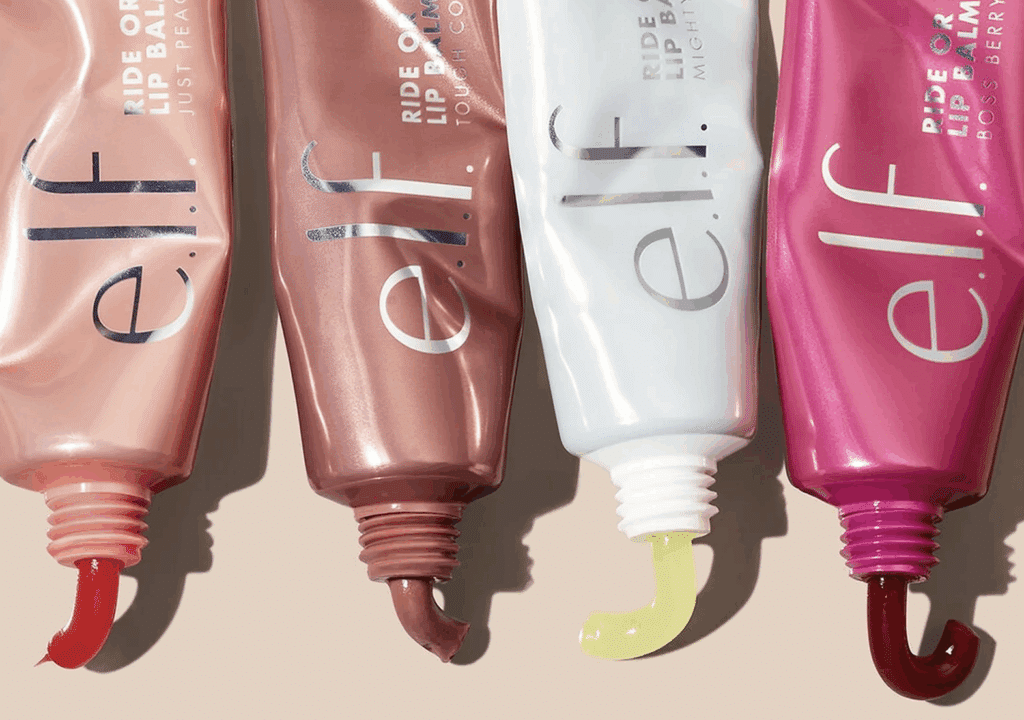 image: Gucci
image: Gucci
Gucci cannot seem to escape claims that it is embroiled on a massive tax evasion scheme. The Italian design house’s Milan and Florence offices were raided by Italian tax police in December in connection with an investigation by Milan financial authorities as a result of suspected tax evasion in connection with 1.3 billion euros ($1.5 billion) in unpaid taxes beginning in 2010. The company announced late last year that it is in compliance with Swiss tax laws.
However, Gucci is making headlines again after French and German newspapers are reporting that it is, in fact, subject to an ongoing Italian tax investigation, may implicate other brands, including fellow Kering-owned label, Yves Saint Laurent.
As reported by WWD, French publication Mediapart and Germany’s Der Spiegel reported on Friday that its team had seen “confidential documents” that revealed that Gucci, according to Mediapart’s estimations, failed to play 2.5 billion euros ($3.1 billion) in taxes in Italy and France “by attributing wholesale revenues from brands including Gucci and Yves Saint Laurent to its LGI logistics center in Cadempino, Switzerland, thereby benefiting from a lower local tax rate.”
Kering’s chief financial officer Jean-Marc Duplaix says these figures are little more than “guesswork on the part of journalists.”
Mediapart also reports that Gucci relocated about 20 employees from its French or Italian offices to Switzerland “as part of the tax optimization scheme, but alleged that some of them continued to effectively work in Italy.” All the while, the paper asserts that Kering – the Paris-based conglomerate that owns Gucci, YSL, Balenciaga, Bottega Veneta, and Stella McCartney, among other brands – “operates subsidiaries in the Netherlands and Luxembourg as shell companies to benefit from tax breaks.” Kering has denied these allegations.
“The group pays its due taxes in Switzerland, in compliance with the law and the fiscal status of the company. This business operating model is known by French and other competent tax authorities,” Kering said in a statement sent to Reuters.
Gucci is hardly the first Italian house to come under fire for tax-related claims. The reports at hand reports come after Italian tax authorities have stepped up their game amid a European sovereign debt crisis that has put pressure on public finances. The Guardia di Finanza – Italy’s financial authority – has focused on the use of foreign European subsidiaries through which Italian companies, particularly in the luxury sector, have allegedly masked profits. Switzerland, Ireland, and the Netherlands emerge as the favorite destinations, with strategies such as the “Dutch sandwich” and the “double Irish.”
As a result, a slew of big-name Italian fashion figures became the targets of Italian tax evasion crackdowns over the past several years. Dolce & Gabbana founders Domenico Dolce and Stefano Gabbana, Prada’s chief executive officers Miuccia Prada and Patrizio Bertelli, Giorgio Armani, the Bulgari family, and former Valentino chairman Matteo Marzotto, among others, came under the Italian tax authority’s microscope for allegedly failing to pay up.














